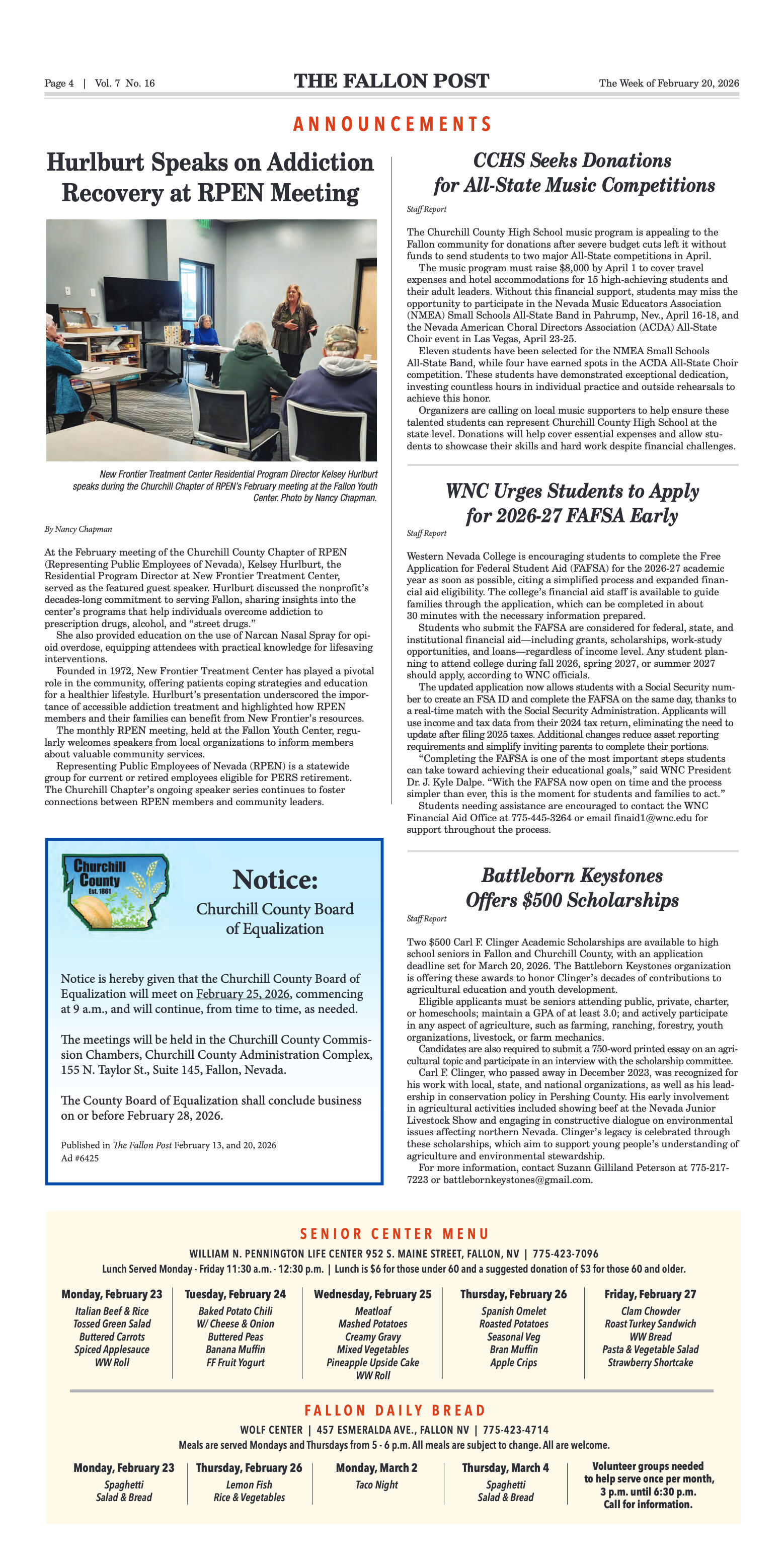It might not be on your calendar, but Aug. 14 is Social Security Day. Since it was enacted on Aug. 14, 1935, Social Security has provided some financial support for millions of Americans during their retirement years. While Social Security benefits, by themselves, probably aren’t enough to enable you to retire comfortably, they can be a key part of your overall retirement income strategy – if you use them wisely. To help you make decisions about Social Security, you will need to answer these questions: When should I start taking my benefits? You can take Social Security once you reach 62, but if you wait until your full retirement age, which will probably be between 66 and 67, you’ll get much bigger monthly checks, and if you wait until 70, you’ll get the biggest possible payments. Before deciding when to begin receiving your benefits, you’ll need to weigh a few factors, including your estimated longevity and your other sources of income. How should I consider potential spousal benefits? If you are married, or if you’re divorced but were married for at least 10 years, you could receive up to half of your spouse’s full retirement benefit (offset by your own benefit, and reduced if you claim early). If you outlive your spouse, you could claim survivor benefits, which can provide either your own benefits or 100% of your deceased spouse’s, whichever is larger. Consequently, the higher-earning spouse might want to postpone taking benefits for as long as possible to maximize the survivor benefit. How much can I earn without reducing my Social Security benefits? If you are younger than your full retirement age and you are receiving Social Security, the Social Security Administration will withhold $1 from your benefits for each $2 you earn over a certain threshold (which, in 2019, is $17,640). For the year you reach your full retirement age, your benefits could be withheld by $1 for every $3 you earn over $46,920. But once you reach your full retirement age, you can earn as much as you want without your benefits being withheld, although your benefits could still be taxed, depending on your income. How much of my pre-retirement income will Social Security replace? Generally speaking, you should expect Social Security to replace slightly more than a third of your pre-retirement income. However, the higher your income during your working years, the lower the replacement value of Social Security will be. What other sources of retirement income should I develop?Contribute as much as you can afford to your IRA and your 401(k) or similar employer-sponsored retirement plan. You may want to consult with a financial professional, who can look at your entire retirement income picture and recommend moves to help you achieve the lifestyle you’ve envisioned for your later years. Keep in mind that your decisions about Social Security filing strategies should always be based on your specific needs and health considerations. For more information, visit the Social Security Administration website at socialsecurity.gov. One final word: You may have concerns about the stability of Social Security. While no one can predict the future, many potential solutions exist to put the program on more solid footing. Consequently, try to focus on the actions you can control. This article was written by Edward Jones for use by your local Edward Jones Financial Advisor. This information is believed to be reliable, but investors should rely on information from the Social Security Administration before making a decision on when to take Social Security benefits. It is general information and not meant to cover all scenarios. Your situation may be different, so be sure to discuss this with the Social Security Administration prior to taking benefits.
How Does Social Security Fit Into Your Retirement Income Strategy?
- 08/09/2019 04:25 AM (update 04/10/2023 11:09 PM)












































Comment
Comments